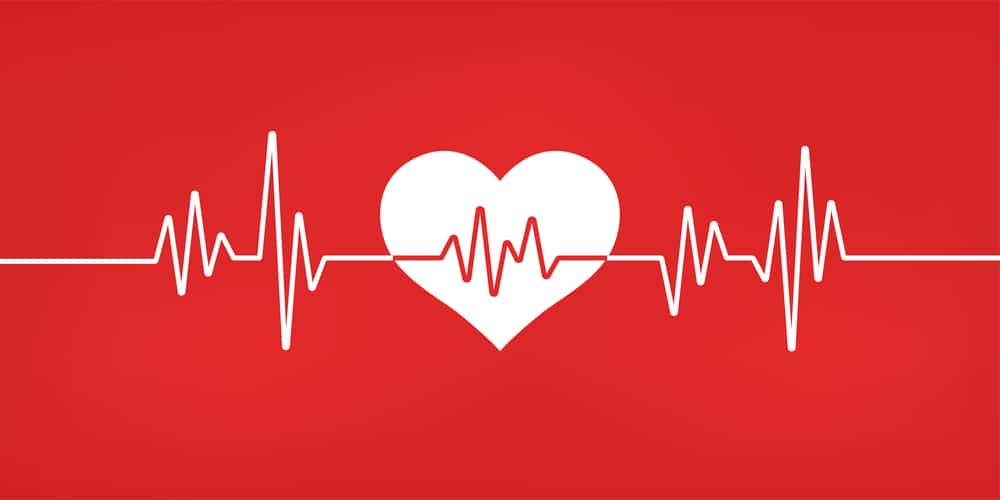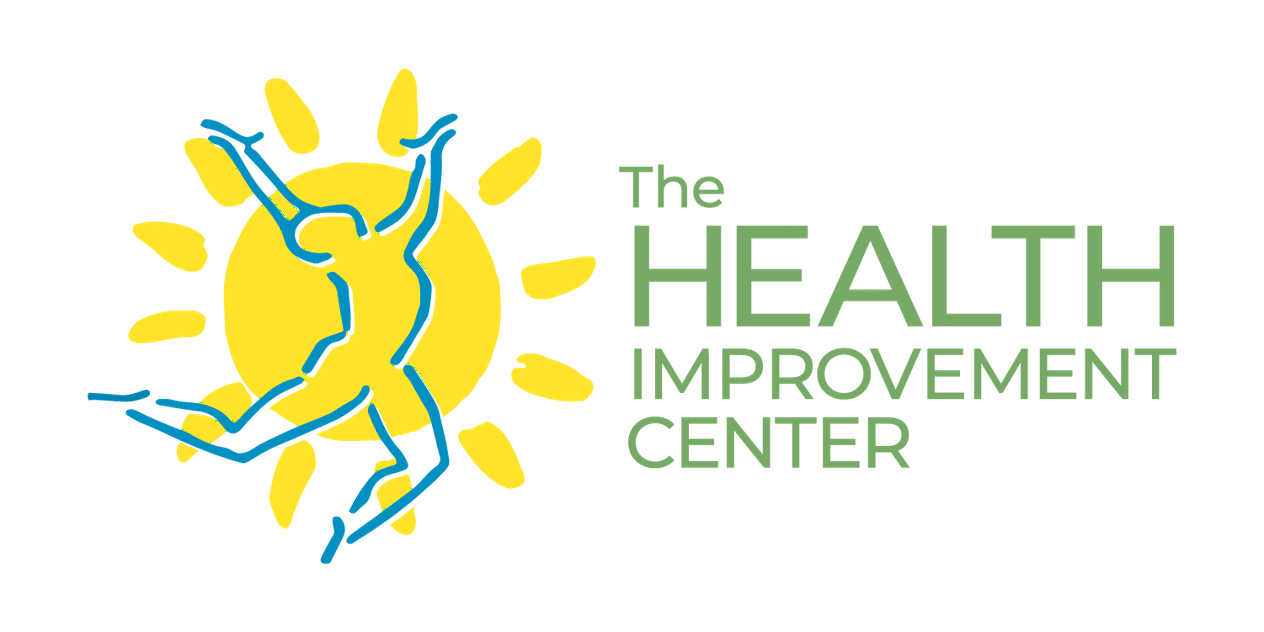
Heart health: We have heard that diets high in fruits and vegetables can reduce our risk of heart disease, cancer, high blood pressure, arthritis, osteoporosis, diabetes, and even wrinkles. According to the National Cancer Institute, eight to 10 servings a day can cut our risk of some cancers in half! Recently however, they have upped that to 13 servings a day. It’s likely that the average person has difficulty getting in just a few servings a day let alone 13. Then you add in the lack of nutrients in these foods today due to a minerally depleted soil, the use of pesticides and herbicides and you are left with less nutrients than you imagined unless you are eating all organic and even then, you still are not getting enough nutrients.
Heart attacks are still on the top of the list as causes of death. I thought I would do a little write up reminding people how they can avoid one and what supplements you can take to keep the cardiovascular health in good shape.
Symptoms
The most common heart attack symptom in women is the same as in men — some type of chest pain, pressure or discomfort that lasts more than a few minutes or comes and goes.
Chest pain is not always severe or even the most noticeable symptom, particularly in women. Women often describe heart attack pain as pressure or tightness. And it’s possible to have a heart attack without chest pain.
Women are more likely than men to have heart attack symptoms unrelated to chest pain, such as:
- Neck, jaw, shoulder, upper back or upper belly (abdomen) discomfort
- Shortness of breath
- Pain in one or both arms
- Nausea or vomiting
- Sweating
- Light headedness or dizziness
- Unusual fatigue
- Heartburn (indigestion)
These symptoms may be vague and not as noticeable as the crushing chest pain often associated with heart attacks. This might be because women tend to have blockages not only in their main arteries but also in the smaller ones that supply blood to the heart — a condition called small vessel heart disease or coronary microvascular disease.
What You Can Do to Avoid Deterioration of Your Cardiovascular System!
Living a healthy lifestyle can help reduce the risk of heart disease. Try these heart-healthy strategies:
- Quit smoking. If you don’t smoke, don’t start.
- Eat a healthy diet. A healthy diet is a tricky one for so many due to food restrictions or allergies. Approach healthy eating with the view of keeping your diet as wholesome and organic as possible is a good starting point! The second point would be to eliminate as much processed foods and foods that are high in sugar and bad fats otherwise known as trans fats such as canola oil. It should be noted also that low-fat or fat-free doesn’t equate to healthy, most of those foods are loaded with sugar and or highly processed ingredients so be mindful prior to purchase and read the labels.
- Exercise and maintain a healthy weight. If you’re overweight, losing even a few pounds can lower heart disease risks.
- Manage stress. Stress can cause the arteries to tighten, which can increase the risk of heart disease. A simple exercise such as taking a walk can help to relieve stress.
- Avoid or limit alcohol. As the old saying goes…everything in moderation.
- Manage other health conditions. High blood pressure, high cholesterol/triglycerides and diabetes increase the risk of heart disease.
Exercise & Heart Health
Regular activity helps keep the heart healthy. In general, aim for at least 30 minutes of moderate exercise, such as walking at a brisk pace, several days of the week. If that’s more than you can do, start slowly and build up.
Interval training — which alternates short bursts of intense activity with intervals of lighter activity — is another way to maintain a healthy weight, improve blood pressure and keep the heart healthy. For example, include short bursts of jogging or fast walking into your regular walks.
Blood Markers
Homocysteine levels are a better blood marker of cardiovascular risk than cholesterol. However, if you have Triglycerides higher than cholesterol or 80% or higher of the cholesterol level this is serious and needs to be brought down quickly with a change of diet or supplements.
Example: cholesterol is at 250 and triglycerides are 200 or higher -200 represents triglycerides at 80% of the cholesterol level of 250 in this example.
Our Supplement Protocols
There are many products that we carry which support plaque removal and or prevention of plaque buildup. Cyruta, Cyruta Plus, Cod Liver Oil, just to name a few.
For general cardiovascular health we also have a variety of products we use but are not limited to such as Cardio-Plus, Cataplex B2, Cataplex B Core and Cataplex F.
If you or someone you know is concerned about their heart health, give us a call at 703.242.7474 and book your appointment today.
IMPORTANT: If you or someone you are with is experiencing heart attack symptoms, then please go to the emergency room at your local hospital ASAP!
